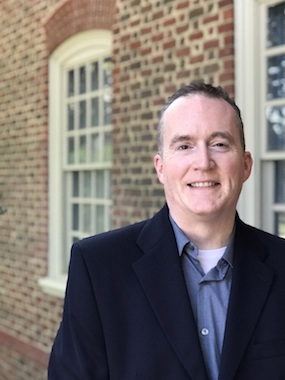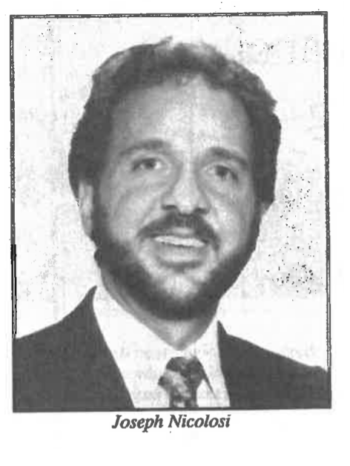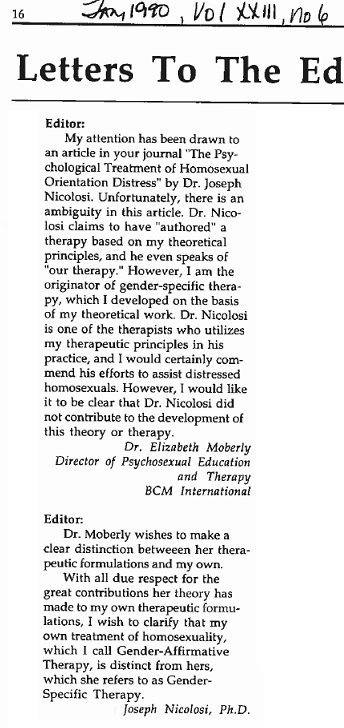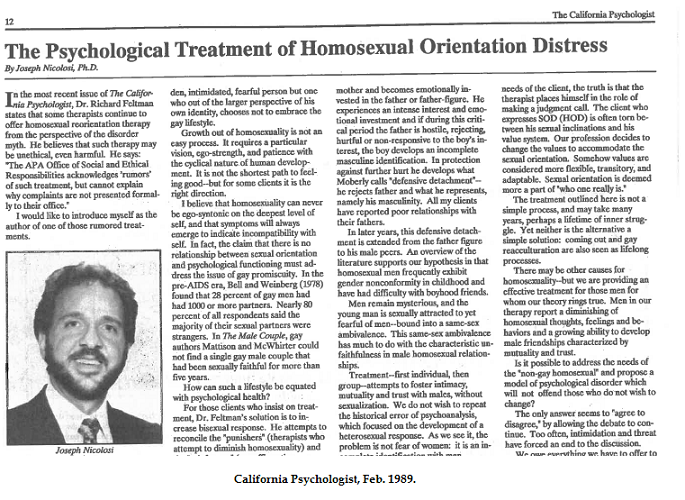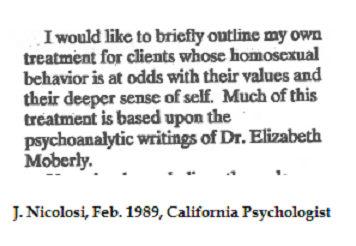I released the advocacy film “I Do Exist” in July 2004. It was supposed to be a documentary style account of five former gays who had become straight through religious means. I showed the film at a conference of change therapists in November of that same year to great fanfare. It was shown all over the world, but ultimately it was not an accurate portrayal of reality for at least 4 of the participants. Gradually over the next couple of years, I became aware of that and stopped selling the video in early 2007.
My experience with “I Do Exist” drove me back to the research on change and sexual orientation. After realizing that I had been moving in the wrong direction with my earlier claims, I became a critic of reparative therapy. I chronicled that change on this blog from the beginning in July 2005. All of the posts on reparative therapy and sexual orientation change efforts in general would take hours to review. That story is summarized in this Yahoo News account by Jon Ward.
However, I did not simply criticize change therapy, I wanted to find an alternative for people who struggled morally with their sexual orientation. In 2005, I began a process of developing a framework to help guide therapists who worked with religious clients conflicted by their sexual orientation. Right away, I asked Mark Yarhouse to collaborate. By 2006, we came out with the sexual identity therapy framework. Mark and I discuss that story in this interview.
Of the two of us, Mark has been the prolific writer and researcher. His book Sexual Identity and Faith contains applications of the SIT framework and I recommend it for that purpose. I have multiple posts about the framework on the blog and those can be found here.
In addition to talking over our work together, Mark describes his more recent work with Revoice and gender identity. Thanks to Mark for taking time to reminisce.
Dr. Mark Yarhouse is a clinical psychologist who specializes in conflicts tied to religious identity and sexual and gender identity. He assists people who are navigating the complex relationship between their sexual or gender identity and Christian faith. He is the Dr. Arthur P. and Mrs. Jean May Rech Professor of Psychology at Wheaton College, where he runs the Sexual and Gender Identity (SGI) Institute. He is an award-winning teacher and researcher. He was a past participant with the Ethics and Public Policy Center think tank in Washington, DC, and he was named Senior Fellow with the Council of Christian Colleges and Universities to conduct a study of students navigating sexual identity concerns at Christian colleges and universities. He has been a consultant to the National Institute of Corrections to address issues facing sexual minorities in corrections, and he was part of a consensus panel from the American Psychological Association on sexual orientation and gender identity change efforts that convened to provide input to the Substance Abuse and Mental Health Services Administration in Washington, DC. He is currently the Chair of the task force on LGBT issues for Division 36 (Psychology of Religion and Spirituality) of the American Psychological Association. He was also invited to write the featured white paper on sexual identity for the Christ on Campus Initiative edited by Don Carson for The Gospel Coalition.
He has published over 80 peer-reviewed journal articles and book chapters and is author or co-author of several books, including Understanding Sexual Identity: A Resource for Youth Ministers and Understanding Gender Dysphoria: Navigating Transgender Issues in a Changing Culture. His most recent books are Sexual Identity & Faith and Costly Obedience: Listening to and Learning from Celibate Gay Christians. (this is the book where the celibacy research is reported)
